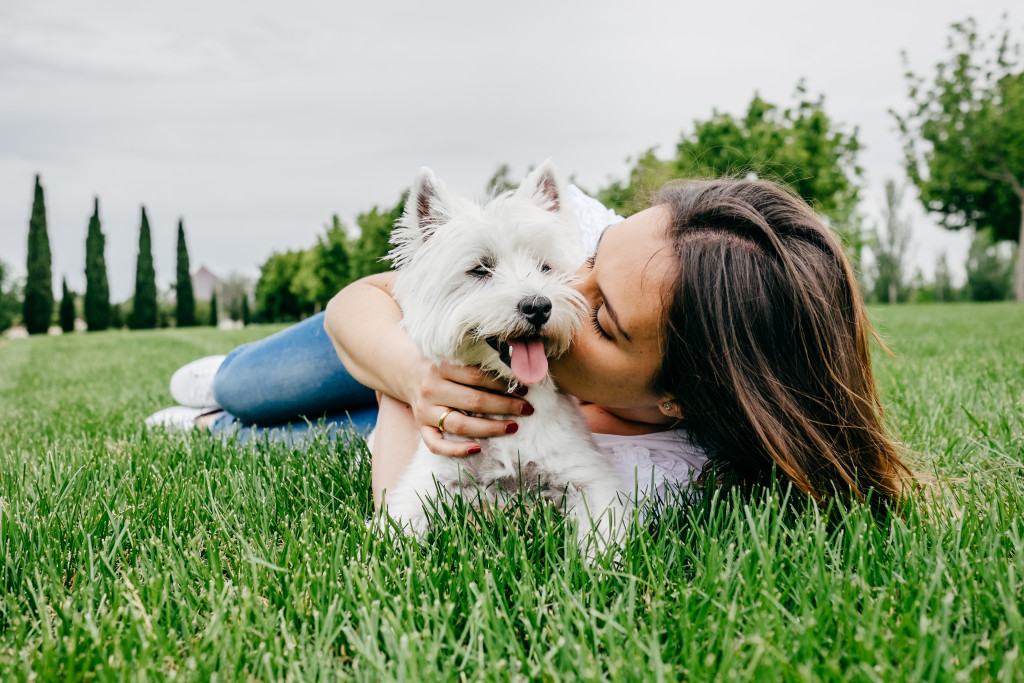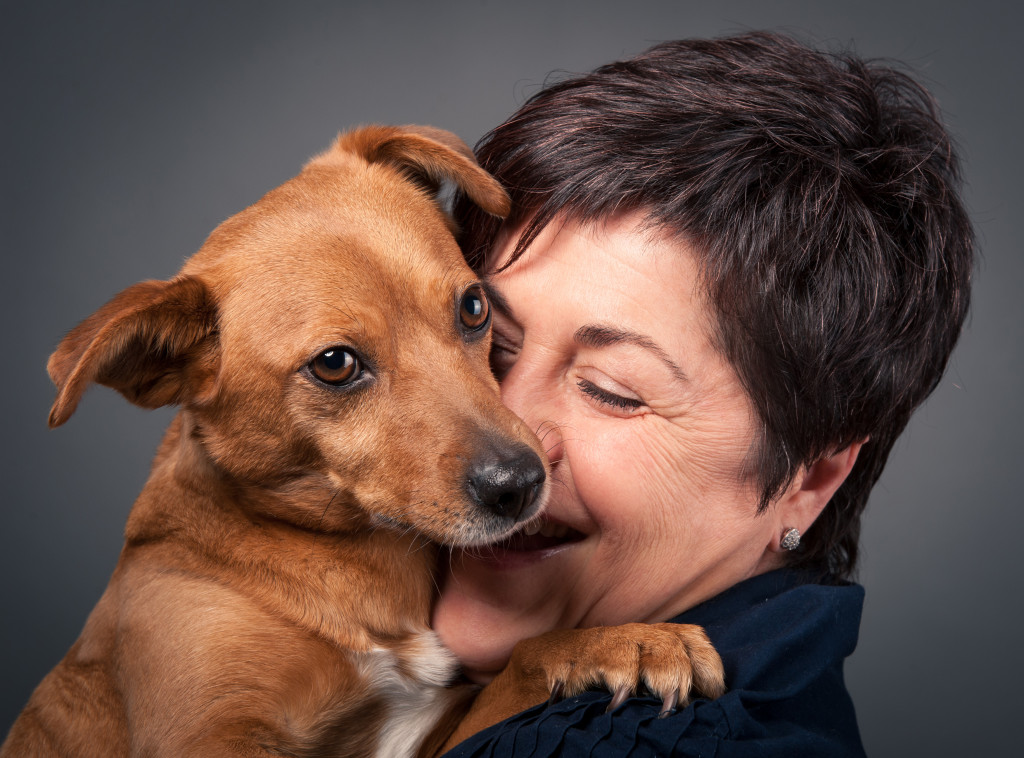Having a pet has its perks. They are amusing, loyal, good-natured, and can even shower you all day with unlimited affection. These traits and their undivided attention to you are what make them fantastic companions.
Studies suggest that petting your furry friend contributes to the pet effect, decreasing one’s stress levels and improving blood circulation. That said, It’s no surprise that many of us have taken on the responsibility of having and taking care of our own “fur babies” at home. However, despite the good feelings, some worries are being raised as certain animals might potentially represent a danger to you or your home, especially when you are expecting.
Canine
Taking care of your puppy throughout your pregnancy shouldn’t present any issues and risks as long as their vaccination and check-ups are up-to-date. Moreover, most canines can coexist peacefully with others, especially if they are given proper basic and advanced obedience training through a reputable dog trainer.
Of course, dog safety is dog-specific. That means other dogs that aren’t disciplined, aggressive, stray, or of the unknown breed can threaten your safety. So, you shouldn’t let your guard down, especially when out in public. Large dogs can jump on humans, and they may unintentionally wallop you, land on your stomach, leading to further injuries and accidents.
Moreover, it would also help if you keep an eye on the changes in your pup’s behavior, especially when your baby arrives. Certain breeds of dogs can become more susceptible to develop jealousy or territorial behavior. Leading to them becoming agitated when their human mother is attending to the newest additional family member.

Ferrets
This animal’s sociable and naturally curious personality has effortlessly swept away some hearts, making them an excellent choice for a pet for a wide variety of people. Contrary to what others think, ferrets are generally harmless and are pleasant to have around. There are no significant differences between having them as pets to owning a puppy or kitten. However, if you are expecting, you should take caution and may want to start distancing yourself from them for the time being.
Exposure to feces of these animals with compromised immune systems may cause toxoplasmosis, campylobacter, and listeriosis, leading to fever and diarrhea. These diseases may then escalate to more severe damages to the heart, muscles, and other body organs for both the mother and the child. Additionally, it can be more likely seen in elderlies and those with weak immune systems.
By providing proper care for your animal companion and following basic measures, you may secure your safety and that of your loved ones. For instance, a healthy ferret requires a spacious area to live in, nutritious food, and freedom to exercise outside of its playpen. In addition, it’s best to keep them away from the kitchen to prevent food contamination leading to diseases.
Pet rodents
Nowadays, several households keep tiny animals as pets, including guinea pigs, hamsters, rabbits, and gerbils. But while these furry friends are enjoyable and straightforward to maintain, they may carry and transmit some germs and pathogens that can harm you and your unborn child. This includes a deadly rodent-borne virus called LCMV or lymphocytic choriomeningitis.
Pregnant women who are infected may experience a flu-like sickness throughout their pregnancy and can result in permanent congenital abnormalities such as vision impairment, intellectual disability, and hydrocephaly to their child. The most straightforward approach to avoid these issues is to maintain cleanliness in your home and your pet’s play and sleeping area. Make sure they are adequately cared for, as well. For example, make it a habit to regularly clean your hands with anti-bacterial soap after contacting them, among other things.
It’s also a good idea to clean their cages outdoors or in the bathroom if space is limited. The same goes for their toys, food bowls, and other pet items. But, most importantly, keep them away from your newborn baby in the meantime to avoid any complications.
Our animal companions require time and patience to become familiar with and get used to a newcomer in their household since the whole process may terrify or upset them. Moreover, it may be difficult for them to understand why they needed to be isolated from you for the time being or that they are suddenly not permitted to travel around the house they used to wander in freely. In some cases, these adjustments in the household may not have a smooth transition, so arm yourself with the necessary skills and information to assist your pet in this transition.
